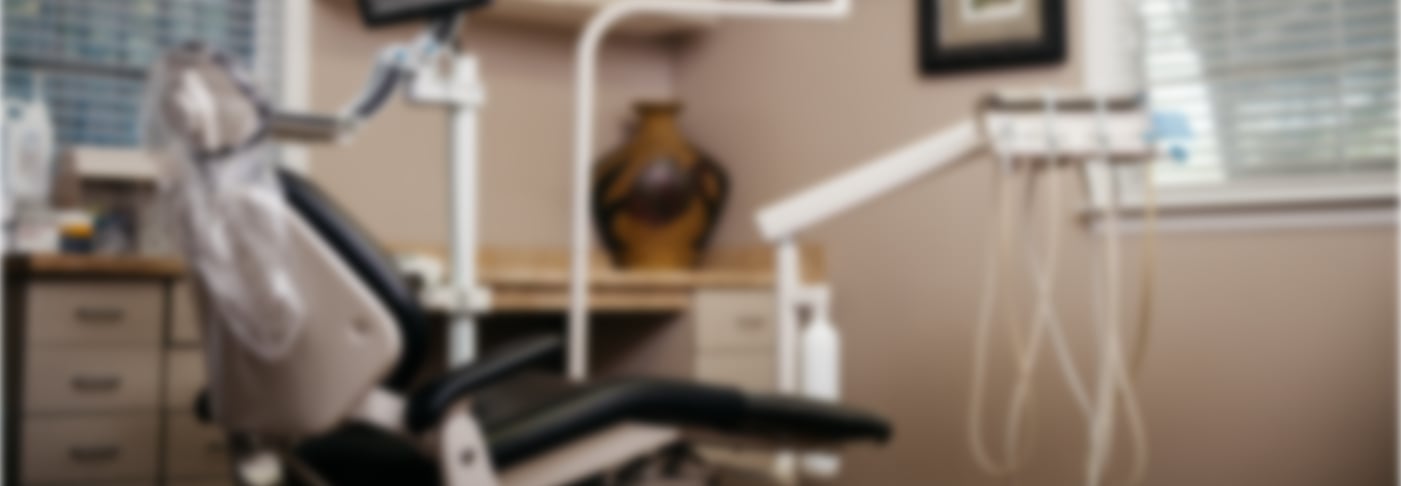Cancer is known as “the uncontrollable growth of cells that invade and cause damage to surrounding tissue”. Oral cancer appears as a sore in the mouth that just refuses to go away. It includes cancer of the lip, cheek, tongue, base of the mouth and much more. This can be just as life-threatening as any other cancer if not diagnosed and treated quickly and early.
Symptoms of Oral Cancer
The symptoms of oral cancer include:
- Swellings, bumps, crusts on lips and gums- or other areas in the mouth.
- Experience red patches in the mouth.
- Random bleeding within the mouth.
- Random numbness or loss of feeling in the mouth. Tenderness in any area of the face, neck or mouth.
- Sores on the face, mouth, and neck that bleed and refuse to heal.
- Problems chewing or swallowing, moving the jaw or tongue.
- Constant sore throat, hoarseness, and change in voice.
- Ear pain and weight loss.
- Change in the way teeth fit or feel.
If you’re experiencing any of these symptoms, don’t fret just yet. It’s all too easy to read information online and come to our own conclusions. However, it would be wise to contact a dentist, like Dr. Djuric, if you are experiencing any of these symptoms.
How do you get oral cancer?
Factors that can lead to oral cancer:
- Smoking: Cigars, pipes, cigarette users are more likely than non-smokers to develop oral cancer.
- Smokeless Tobacco: users of Snuff, chewing tobacco products are likely to develop cancers of the gums, cheek, and lips.
- Alcohol: drinkers are more likely to get oral cancer as opposed to non-drinkers.
- History of cancers in the family.
- Extreme exposure to the sun.
It should be noted that the majority of people who have oral cancer are drinkers who do not smoke.
How do you diagnose oral cancer?
During your dental examination, we’ll will do a screening exam for oral cancer. Furthermore, we will test for lumps or irregularities like tissue abnormalities in your head and oral cavity. During the mouth examination, we’ll also check for discolored tissue and signs or symptoms mentioned before. If any tissue looks suspicious the dentist will do a scalpel biopsy. This will require anesthesia and should only be done by a dentist like Dr. Djuric or someone trained in the related field. It is necessary to detect cancer early to get ahead of it.
How Is Oral Cancer Treated?
Oral cancer is treated with the care and urgency that other cancers receive. It is treated with surgery to remove the cancerous development which is followed up by radiation or if necessary chemotherapy to destroy cancer cells.
What can be done to prevent oral cancer?
Prevention is always better than cure; to prevent oral cancer we should:
- Not smoke or use tobacco products.
- Not drink alcohol but if you must do it in moderation.
- Have a balanced diet
- Control exposure to the sun. Constant exposure will raise the risks of cancer of the lip and lower lip. When exposed to the sun for prolonged periods, please use sun-blocking protective lotions.

